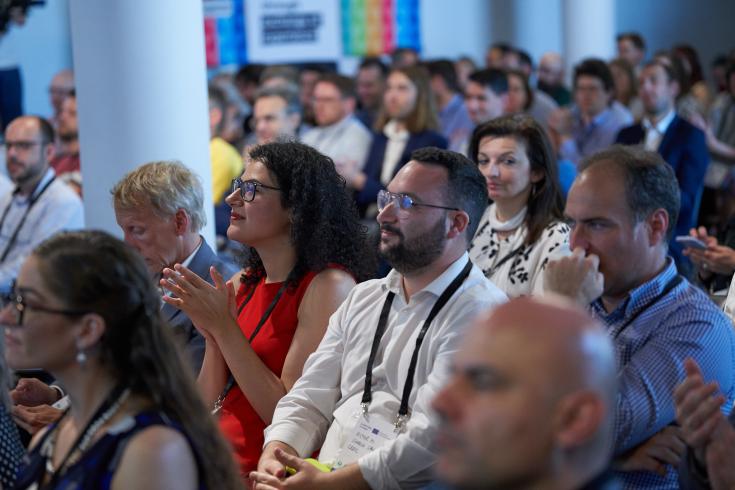Youth entrepreneurship
In the spotlight
Take a look at how youth entrepreneurship can be boosted in your region and create new opportunities for young innovators. Our experts have hand-picked the most relevant content on the topic for you so you can dive right in and discover strategies to support and nurture youth-driven startups and initiatives.

Workplace training: successful initiatives

Early school leaving and integration of NEETS into the labour market in Réunion Island

Entrepreneurial education: a case of excellence
Trainee Sør (Trainee South)
Many European regions struggle to attract and retain young professionals. In the STEM sector, with a smaller talent pool and lower % of women, this impacts negatively on the gender gap.
This is an issue in the Agder region, whose key business sectors are ship technologies, marine engineering and offshore drilling. Trainee South was launched to meet companies’ needs to attract young professionals to the area. Enterprises, universities and public institutions participate and use their communication channels to publicize the program.
In terms of criteria to participate, it is open to graduates up to 30 years old from across Norway, who have an excellent academic background and demonstrate a strong motivation to boost the development of Agder. Enterprises benefit from a professional recruitment service, guaranteeing that the most skilled applicants are selected. Evaluation of skills helps eliminate gender bias that can discriminate against women in male-dominated sectors.
Concerning activities, selected applicants participate in an 18-month-long paid traineeship, working in different companies and institutions (6 months each). They are in close contact with a daily manager and other trainees to ask questions and share experiences. They are also coupled with a carefully selected mentor who helps them to identify goals and overcome challenges. Trainee South also organizes parallel networking events, study trips and courses and training events, such as public speaking courses.















